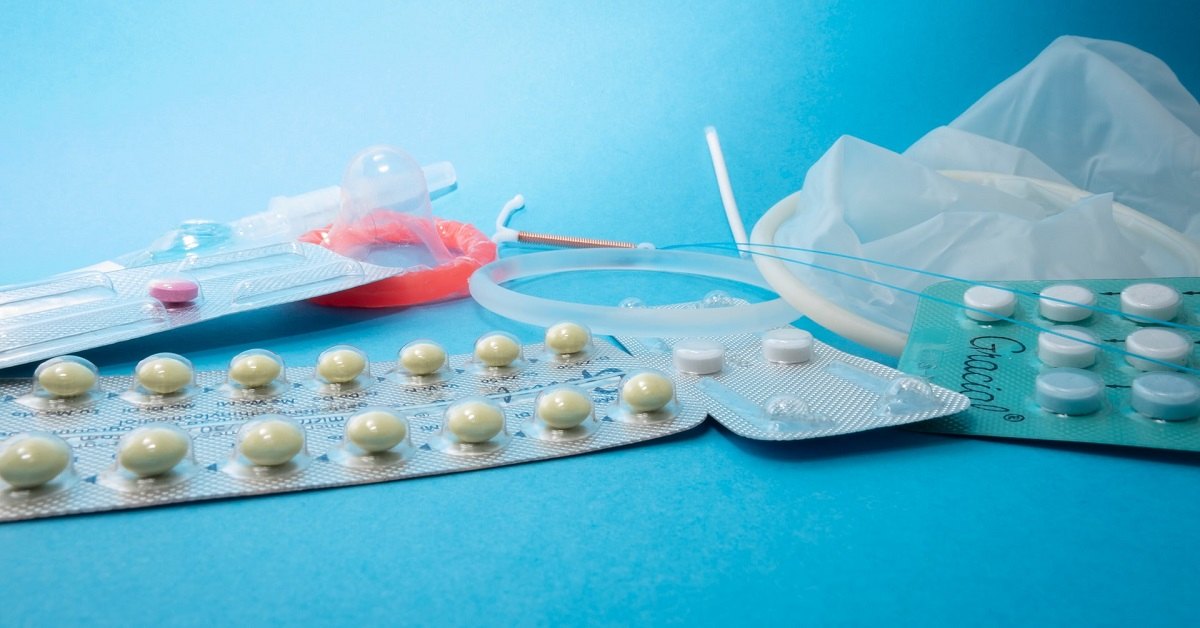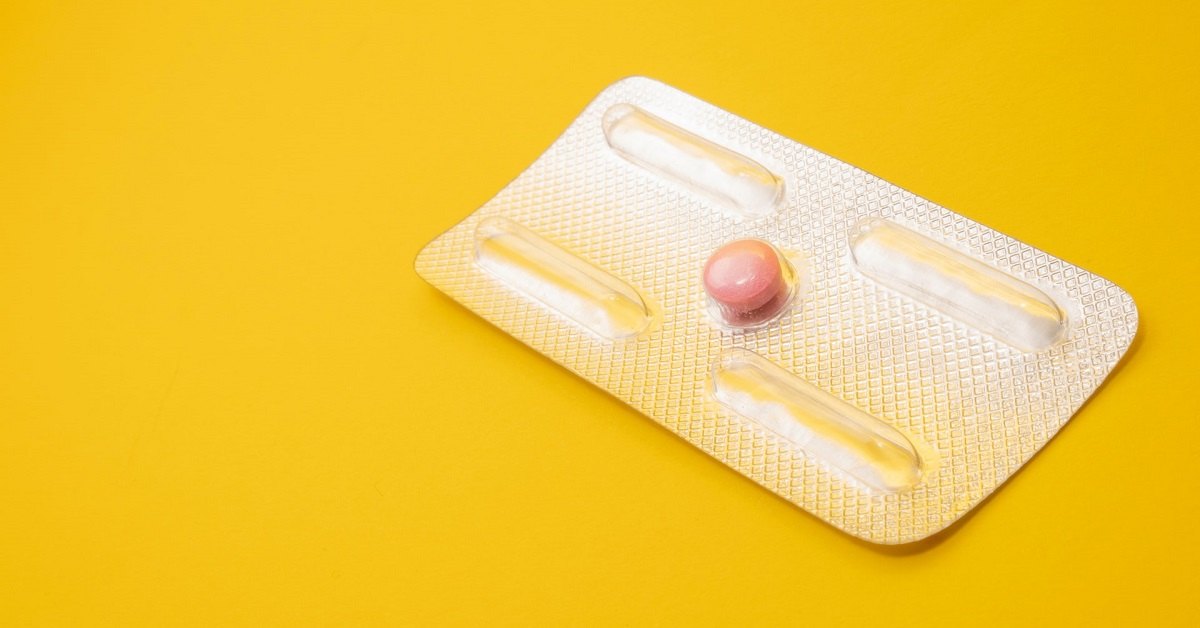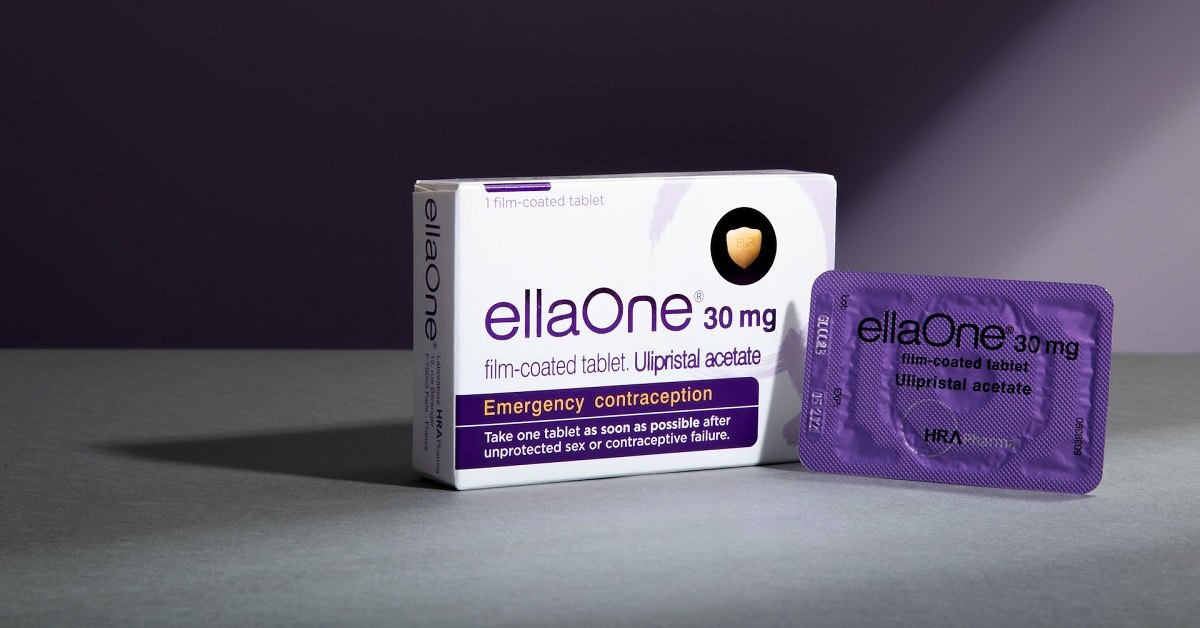Contact
Open Hours
Vaccines
Destinations
Can Emergency Contraception Prevent Unexpected Pregnancy?
Don't let a slip-up derail your plans. Emergency contraception can help.
27
Feb 2023
Can Emergency Contraception Prevent Unexpected Pregnancy?
Right click to edit the content...

Emergency contraception (EC), a type of pill, can be used to prevent pregnancy if taken within 120 hours (3 days) of unprotected sex. It primarily prevents ovulation or fertilisation, eliminating the possibility of pregnancy. The EC pill consists of two hormones that resemble progesterone and estrogen in nature. These aid in preventing ovulation and the implantation of a fertilised egg in the uterus. The sooner you take the EC pill after having sex, the more likely it is to work. In some circumstances, EC can be used for up to 5 days following unprotected sex. Continue reading to find out more about emergency contraception and how you can get it at our pharmacy in Luton.
Is it safe to use emergency contraception?
While emergency contraception can help prevent pregnancy after unprotected sex, it's important to note that it does not offer protection against sexually transmitted infections (STIs) or other infections that can be contracted during sexual activity. If you do need to use emergency contraception, the good news is that it's easy, quick, and safe to take. Simply take a tablet as soon as possible after engaging in sex. It's important to remember that emergency contraception should only be used as a backup method when no other form of contraception was used, or if the primary method failed. If you are already pregnant, emergency contraception will not be effective and you do not need to use it.
Does emergency contraception have side effects?
The EC pill consists of two hormones that mimic progesterone and oestrogen in nature. Oestrogen affects feminine features like breast growth, whilst progesterone assists to maintain the uterus' lining. Side effects from oestrogen alone, such as headaches or nausea, are uncommon with progestogen-only pills (POPs). Levonorgestrel, a progesterone derivative, and desogestrel are both included in EC pills. The following are some of the common side effects of emergency contraception:- Nausea or vomiting.
- Breast tenderness.
- Lower abdominal pain or cramps.
- Dizziness.
- Fatigue.
- Headache.
- Heavier menstrual bleeding.
- Bleeding between periods.
When should you take emergency contraception following unprotected sex?
For its effectiveness, the emergency contraceptive pill must be taken within three days (for Levonelle) or 5 days (for ellaOne) of unprotected sex; the earlier you take it, the higher the rate of success. The levonorgestrel, which is contained in the EC pill, prevents the release of an egg from the ovary. This stops the pregnancy from occurring if you haven't already ovulated or implanted a fertilised egg in your womb.What is unprotected sex?
Unprotected sex is defined as sexual activity in which no precautions are taken to avoid becoming pregnant or spreading STDs (STIs). This indicates that either no form of contraception is used or that the alternatives, like a condom, are ineffective. It is vital to take precautions to protect both yourself and your partner during sexual intercourse. Unprotected sex can result in unwanted pregnancy as well as the spread of STIs.How can you protect yourself against unwanted pregnancy?
There are numerous strategies you can take to prevent unexpected or unwanted pregnancy:Use contraception
There are a number of methods of birth control available, including injections, pill, condoms, and intrauterine devices (IUDs). You should go for the one that fits your needs and way of life the best.Practice safe sex
To prevent pregnancy as well as sexually transmitted illnesses, use condoms.Limit the number of your sexual partners
Your risk of STIs and pregnancy increases as the number of partners you have increased.Think about long-acting reversible contraception (LARC)
IUDs and implants are two LARC techniques that are quite successful at preventing pregnancy and don't need to be monitored every day.
In order to effectively prevent pregnancy, it's necessary to use contraception consistently and according to directions. Discuss your alternatives with your doctor or pharmacist.
How can you avoid contracting an STI?
You can take a number of steps to minimise your chance of contracting an STI, including:Practice safe sex
Use a dental dam or a condom to lower the chance of STI transmission for every sexual intercourse.Limit the number of your sexual partners
Your chance of contracting an STI decreases as your number of sexual partners reduces.Go for regular testing
It's important to get regular STI testing, especially if you have new or multiple relationships.Get vaccinated
The prevention of some STIs, including HPV and hepatitis B, is possible by vaccination.Do not share personal items
Never share personal items, such as toothbrushes or razors, that may have had touch with bodily fluids.Avoid using drugs
Abusing drugs or alcohol might cause you to impair your judgment and make you more likely to engage in unsafe sexual behaviour.Where can I get emergency contraception after unprotected sex in Luton?
Ring us today for more information
This blog post was written on behalf of Biscot Pharmacy by Pharmacy Mentor.
CONTACT
157A Biscot Road
Luton
Bedfordshire
LU3 1AW
Luton
Bedfordshire
LU3 1AW
Contact Us
01582 457 709
INFORMATION
Premises GPhC Number:
1110108
Superintendent Pharmacist
Faisal Shafiq (2067224)
OPENING HOURS